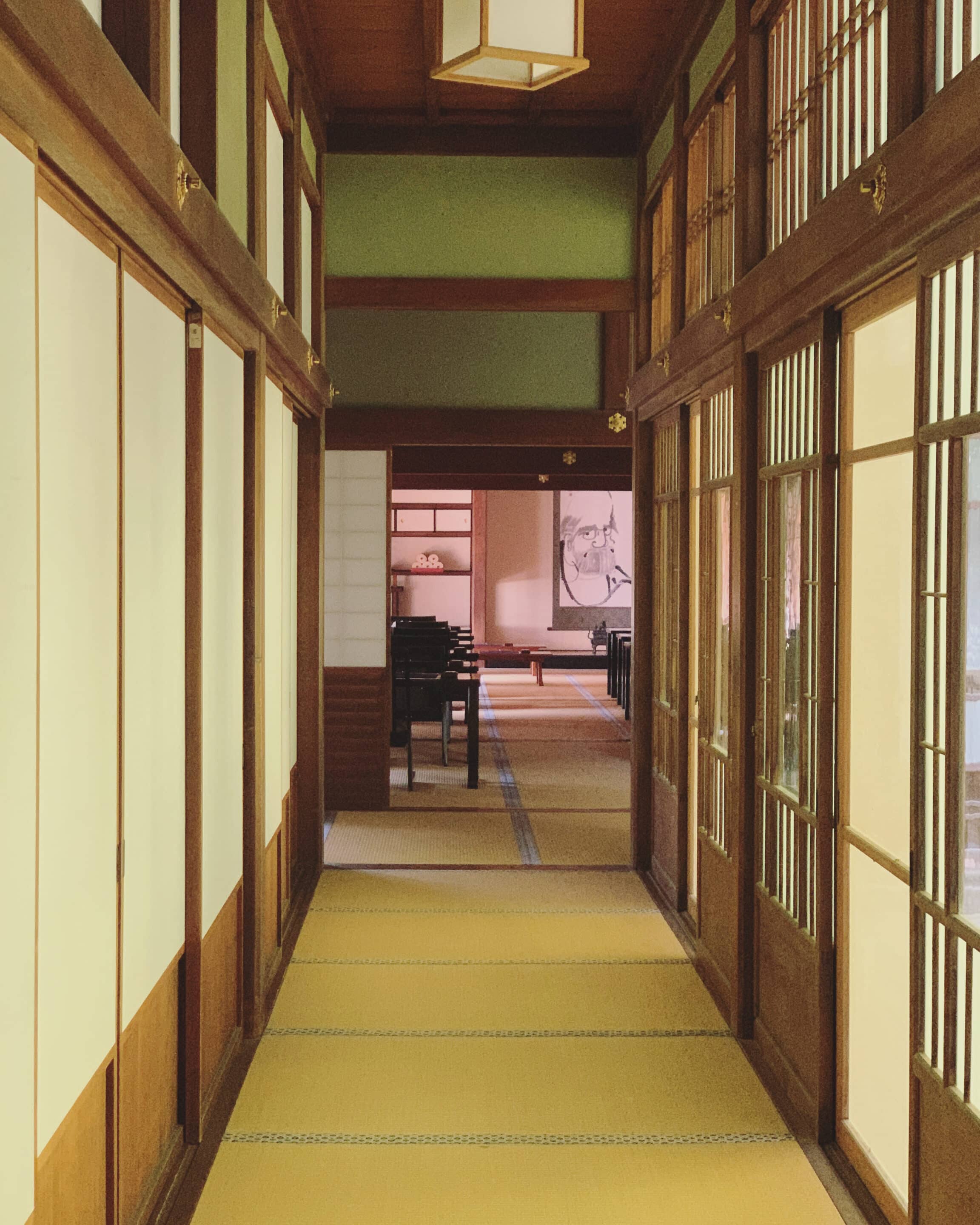Without a Master, I Come To Enlightenment.
“Dharma couldn’t have been the zen originator by himself.”
I was listening to a zen analects lecture online, and this conversation popped up.
I have come to notice that lineage is very important in zen; Dharma is the first Chinese zen master, his disciple Eka became the second in the lineage, then Eka’s disciple Sousan the third… The entire tree of teaching is traceable until today.
“But Dharma didn’t become the originator until he found someone to pass his teaching on. In other words, he only became the first master when Eka mastered his teaching and became the second in the lineage.”
This reminded me of a day in the temple…
“Oooooi,” I heard Oshosama call from the living room.
He was sitting at the usual kotatsu table, a table with a duvet under to keep his legs warm. On it were piles of letters and postcards. It was his public relations time, I saw: a part of his daily routine to hand calligraph letters of gratitude for the gifts and letters received at the temple.
“This is no good,” said Oshosama, pointing his finger at one of the postcards on the table. 無師独悟 – without a master, I come to enlightenment – was printed on it.
“That way, no child would be born; no teachings to be passed on. It is for those who think that way, the line of teaching gets cut off.”
Throughout my three-month stay in the temple, it was the only time I heard him talk with such an impulse.
A zen master’s work is to find one disciple who can outdo himself, so the zen teaching can be passed on, bettered, even by one mili-mitre, to the future. This is something I learned during my stay, too.
The gem, or treasure, will only start shining its true light when it’s shared with someone.

0 Comments